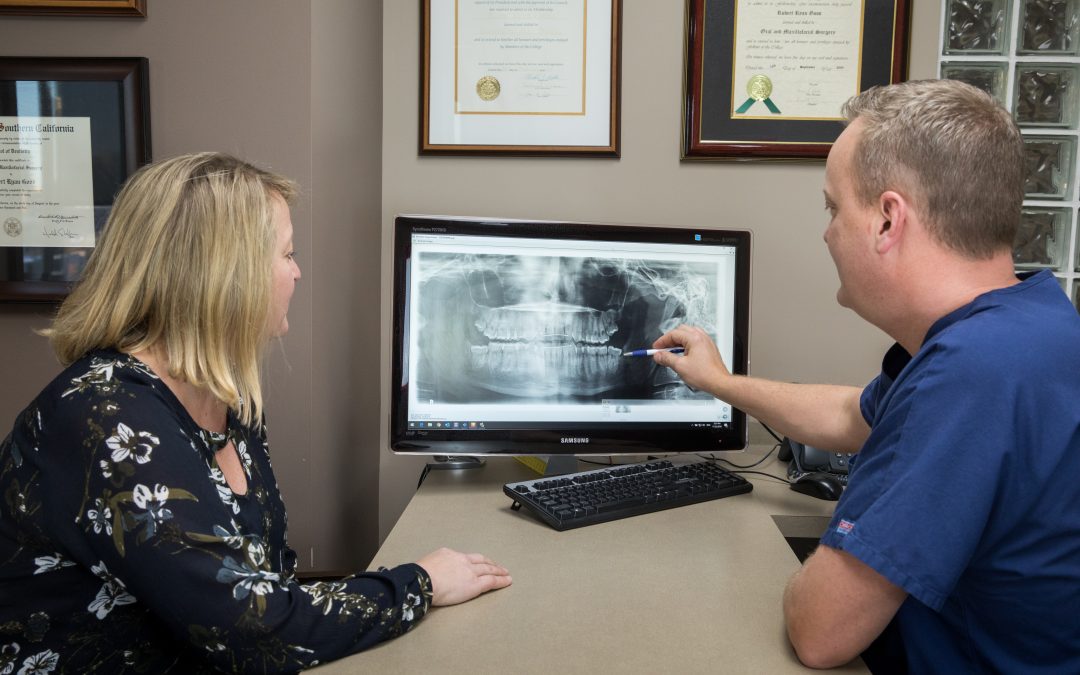Losing a tooth at five years old can be an exciting part of growing up; it is a great opportunity for parents to teach children about development and, just maybe, saving a dollar or two! Losing a tooth as an adult is, unfortunately, slightly less enjoyable.
Previously, anyone who lost a tooth would have had only two recourses: partial dentures or fixed bridges. Neither option is perfect: dentures are removable which makes them less convenient and not as comfortable as fixed teeth, potentially affecting speech and eating. Fixed bridges require damaging healthy teeth for fabrication while resin-bonded bridges, which are less invasive, are simply less strong.
Thanks to advances in dental research, dental implant therapy has become a popular means to treat tooth loss across ages. Over 3 million patients in the U.S. alone have had implants, with treatments occurring at a rate of about 500,000 per year.[ii]
This increase in popularity is not without good reasons; with proper care, dental implants are permanent, look natural by maintaining your existing jaw structure, and make chewing easier as it does not put added pressure on the surrounding teeth. They have no impact on speech and can even improve your oral health by not altering neighbouring teeth and being easier to clean.
Are you a candidate for dental implant therapy?
Some patients wonder if losing more than a single tooth makes them ineligible for dental implants. In reality, implant therapy can be a solution for almost anyone missing a lone tooth or all of their teeth. Success rates for dental implants now run up to 98%. While most healthy adult-aged patients are eligible, not everyone is an ideal candidate for dental implants. What is most important is:
- The state of your oral hygiene, particularly your gums
- Having adequate bone structure to support the implants
- Other lifestyle factors or conditions, such as smoking or diabetes
It is important that these factors are discussed in advance with your dentist. Having compromised oral hygiene, for example, can increase the likelihood of infection post-procedure. Heavy smoking and use of alcohol can contribute to this. If you’ve suffered any previous gum or bone deterioration due to periodontal disease, you will want to talk to your dentist about your candidacy for the treatment. After a discussion about your needs and your oral and general health, your dentist will be able to assess whether this highly beneficial treatment is right for you.
For more information about how dental implant therapy can be helpful for you, please contact us.
